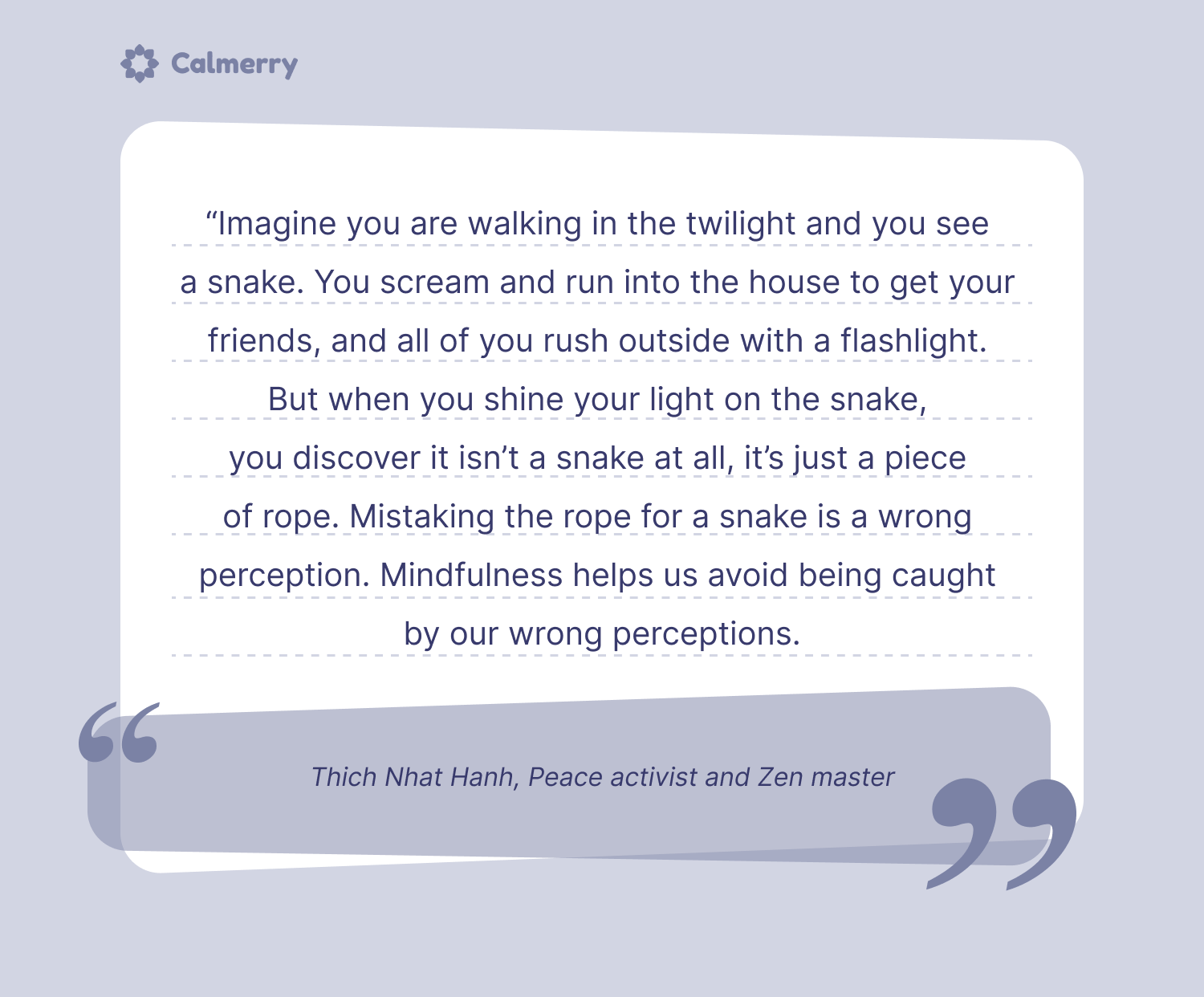When Honesty Is the Best Policy: How to Stop Lying in a Relationship

In this article
We learn to tell untruths when we’re as young as two and begin to lie regularly at around the age of three when we understand that adults don’t actually know everything. Dad said I could. If you let me (blank), I’ll never ask you for anything again. He started it!
We begin to tell “white” lies at around the age of seven. These are lies that are motivated by empathy and compassion. Of course, I remember you. The fruitcake is delicious. Let’s hang out soon.
In adulthood, there are countless reasons for a person to lie, including avoiding punishment, protecting ourselves or someone else from harm, avoiding embarrassment, winning admiration, and preserving our privacy.
And what’s more, with much of our social interaction happening online, we’ve even come to expect other people to lie to us.
Effects of lying in a relationship
Honesty and truth are essential to healthy relationships and are necessary components of a happy and meaningful life.
Discovering that your partner is lying to you can feel devastating, whether it’s an affair, gambling, an untruth about their past, or any false claim or relevant omission. It can cause you to doubt everything, feel stripped of your autonomy, and raise fundamental questions about whether anyone can be trusted.
Relationships are built on the fragile understanding that people will act in a consistent way and that what you see is what you get. This deep-seated need goes back to our early childhood when consistent and predictable care meant the difference between life and death.
– Kate Dubé, Licensed Clinical Social Worker (LCSW)
For a baby, if they don’t receive reliable and predictable care, they are much more likely to develop mistrust and mental health issues, including anxiety and depression, as adults. And what’s worse, young children may tend to blame themselves and feel at fault when their care is not up to par.
So, when you lie to your partner, that betrayal can shatter the other partner’s trust in their own perceptions and inflict psychological trauma, causing them to feel that they are not lovable or deserving of an honest and true relationship.
It might also cause them to become hypervigilant to further lies, keeping them on global red alert, unable to discern lies from truth, and preventing them from fostering trusting relationships in general.
How to stop lying in your relationship
The first step in becoming more honest is to untangle the thoughts and feelings in our minds and be able to see things as they truly are. In other words, we won’t be able to tell the truth until we understand our perceptions and fantasies and untangle those from what is actually happening.

To better understand your perceptions, it’s important to be curious and courageous. Listen deeply to yourself and to the people around you and observe where your perspectives, feelings, and experiences align or don’t align.
The self-exploration journey can be challenging, so don’t hesitate to ask for help. If you’re going through a relationship crisis or want to understand yourself better, you can always talk to a licensed therapist or relationship counselor and get all the necessary support.
And the thing about honesty is that it doesn’t mean going around and saying or doing whatever you feel to be true without taking anything else into account. On the contrary, it’s about speaking, thinking, and acting with kindness, integrity, and compassion.
Think before you speak
Slow down and think before you speak until it becomes a habit to ask yourself three questions.
- Is what I’m going to say actually true?
- Is there a good reason for me to say it?
- Is what I’m planning to say kind?
If the answer to any of these is no, hold off until you have time to consider what you want to communicate and why.
Examine your triggers
Do you tend to lie to certain people in specific situations or when you feel a certain kind of way? Are you dishonest about some issues but not others?
Take note of when you’re inclined to (or do) lie to understand what your triggers are and to figure out how to manage them while maintaining your honesty.
Take responsibility for your dishonesty
You may have a million excuses for telling lies in your relationships, but the truth is, no one forced you to be dishonest. If you continue to deflect the blame, you won’t be able to take your commitment to heart or accept that you are capable of being more honest.

Practice open communication
Everyone lies or omits information from time to time, but the important piece is to come to an agreement with those closest to you so that you’re on the same page. Talk with your partner about their need for honesty and come up with a plan that feels good for both of you. People have different needs in relationships, so communication is crucial.
Don’t assume there is a quick fix
If you have a UTI, you get antibiotics. If you can’t remember something, you look it up on Google.
We’re accustomed to quick fixes. But the thing is, even if you completely stop lying right now, it will take some time for your relationship to catch up.
– Kate Dubé, Licensed Clinical Social Worker (LCSW)
It may even take a year or more for your partner to trust you again truly. And it will likely require repeated and uncomfortable conversations about your dishonesty. While you might be engulfed in defensiveness or shame, try to pay attention to how badly your lies have hurt your partner.
Put yourself in their shoes and find empathy for their experience.
Make room for your partner’s suspicions
If your partner is more distrustful and suspicious after they catch you telling lies, remember that they have a good reason for that. Make room for more transparency in the relationship as you rebuild trust. Avoid being defensive and recognize that this is a part of the healing process.
Why tell the truth?
Living authentically and honestly is cleansing and healing. When you act and speak from a place of truthfulness, you get to be your real self in the world.
Finding peace with the truth releases you from the suffering that comes with trying to be something you’re not and allows you to build stronger relationships with the people around you.

It’s possible to rebuild trust
Once you break the pattern of lying, it’s time to restore feelings of trust and repair the relationship. This doesn’t happen overnight and requires commitment, but it is possible. Your relationship may even come out stronger because of it.
Even if your relationship ends, it’s crucial that you continue to rebuild your sense of trust and truth in the world.
If you’ve been betrayed, it’s not easy to start trusting again. A key step is for both parties to take responsibility for their role in the breakdown of trust. This can be extremely tough when you feel deceived but this experience can also help you build resilience and regain a sense of control in your life.
Avoid using shame and humiliation to get back at your partner
It’s important to make amends with each other if the relationship is going to go forward. Allow each other to take steps to repair the relationship without criticizing or guilt-tripping, which only causes the other person to shut down.
Work through the dishonesty during set times
If you catch your partner in a lie or are feeling guilty about a lie you told, it’s tempting to talk about it nonstop in an attempt to reach some form of peace. However, this can actually be counterproductive.
Set limits so that even if you talk about it every half-hour, there will also be periods where you can focus on other parts of your life and your relationship.
Decide whether you can continue the relationship
In some cases, it is just not possible to move on after dishonesty, even if you’re still in love. Consider how motivated you and your partner are to correct negative patterns and whether it will be possible to rebuild trust together.
Get professional help
Whether you’re the one who lied or the one who has been lied to (or both), your online therapist can help you sort through your feelings of shame, isolation, humiliation, and anger.
With therapy, you can build your self-esteem and develop mechanisms to cope with the insecurity and the lack of sense of self that lying has caused you.

Your online therapist on Calmerry can also help you learn how to stop lying and develop new habits. As you make amends with your partner and yourself, you can work with your therapist to cope with your feelings of guilt, remorse, and helplessness.
Therapy is a perfect—and safe—solution for trying to be honest with another person and seeing how it feels. Don’t hesitate to ask for help when you or your relationship need it. You’re not alone.
Calmerry is always here for you with a big team of licensed therapists.
online therapy
live video session



